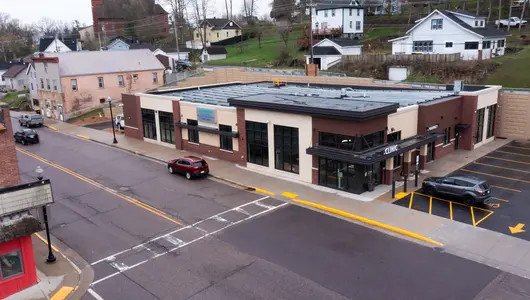
James Schneider's journey with sleep apnea and the machine that changed it all

















Our team connects media outlets to Gundersen experts and important health information that communities need to know.
Email is the best way to contact our Gundersen Media Relations. You can reach the team at:
Members of the media that need patient condition reports should call Emergency Services at (608) 775-3128. Please ask for the health unit coordinator.
For Quartz Health Solutions inquiries, please contact Christina Ott, Quartz Health Solutions, Inc., at [email protected].
1900 South Ave.
La Crosse, WI 54601